
The Omak Suicide Race(1992)
The ultimate test of nerve for today's warriors
A Video about a horse race held every year, during the second week of August, in Omak, Washington as a part of the Omak Stampede, a rodeo. Held for more than 70 years, the race is known for the portion of the race where horses and riders run down Suicide Hill, a 62-degree slope that runs for 225 feet (69 m) to the Okanogan River.[1] Though the race was inspired by Indian endurance races, the actual Omak race was the 1935 brainchild of a local Omak business owner.
Movie: The Omak Suicide Race
Top 2 Billed Cast
Self
Narrator

The Omak Suicide Race
HomePage
Overview
A Video about a horse race held every year, during the second week of August, in Omak, Washington as a part of the Omak Stampede, a rodeo. Held for more than 70 years, the race is known for the portion of the race where horses and riders run down Suicide Hill, a 62-degree slope that runs for 225 feet (69 m) to the Okanogan River.[1] Though the race was inspired by Indian endurance races, the actual Omak race was the 1935 brainchild of a local Omak business owner.
Release Date
1992-01-01
Average
1
Rating:
0.5 startsTagline
The ultimate test of nerve for today's warriors
Genres
Languages:
EnglishKeywords
Similar Movies
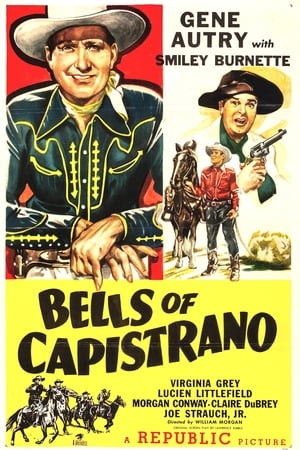 6.0
6.0Bells of Capistrano(en)
America's favorite singing cowboy Gene Autry stars in this vintage tale as an up-and-coming rodeo singer caught in the middle of two rival companies, both angling to ride the talented crooner to riches. Featuring several memorable musical performances from Autry, including renditions of "Forgive Me" and "In Old Capistrano," this rousing Western co-stars Smiley Burnette, Virginia Grey and Lucien Littlefield.
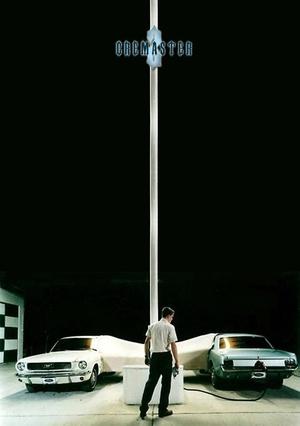 6.3
6.3Cremaster 2(en)
CREMASTER 2 is rendered as a gothic Western that introduces conflict into the system. On the biological level it corresponds to the phase of fetal development during which sexual division begins. In Matthew Barney's abstraction of this process, the system resists partition and tries to remain in the state of equilibrium imagined in Cremaster 1.
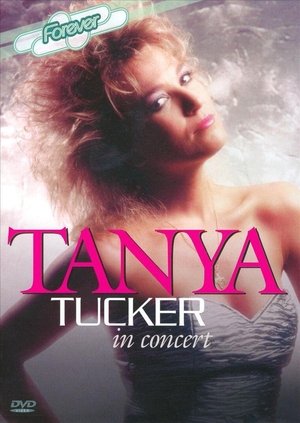 10.0
10.0Run For Blue(en)
Family film centered around horse racing and going for the Blue Ribbon
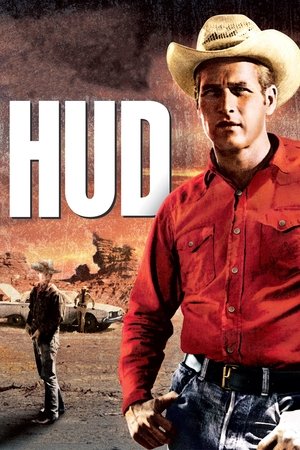 7.3
7.3Hud(en)
Hud Bannon is a ruthless young man who tarnishes everything and everyone he touches. Hud represents the perfect embodiment of alienated youth, out for kicks with no regard for the consequences. There is bitter conflict between the callous Hud and his stern and highly principled father, Homer. Hud's nephew Lon admires Hud's cheating ways, though he soon becomes too aware of Hud's reckless amorality to bear him anymore. In the world of the takers and the taken, Hud is a winner. He's a cheat, but, he explains, "I always say the law was meant to be interpreted in a lenient manner."
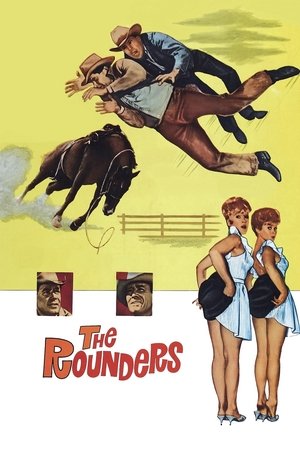 5.6
5.6The Rounders(en)
Ben (Glenn Ford) and Marion (Henry Fonda) are two cowboys who make a meager living breaking wild horses. Their frequent employer Jim (Chill Wills), who always gets the better of them, talks them into taking a nondescript horse in lieu of some of their wages. Ben finds that the horse is un-rideable, he comes up with the idea of taking it to a rodeo and betting other cowhands they cannot ride it.
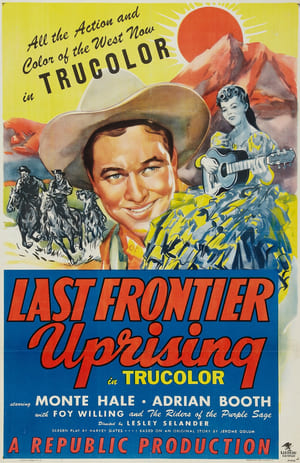 0.0
0.0Last Frontier Uprising(en)
Singing cowboy Monte Hale plays "himself" in the Republic western Last Frontier Uprising. Actually, he's not really himself, but a federal agent, dispatched to Texas to buy horses on behalf of the government. Hale runs up against a vicious gang of horse thieves, including such veteran western hard cases as Roy Barcroft and Philip van Zandt. The romantic interest is in the dainty hands of Adrian Booth, who used to go by the name of Lorna Gray. Put together with the standard Republic efficiency, The Last Frontier Uprising benefits from the breathless direction of Lesley Selander.
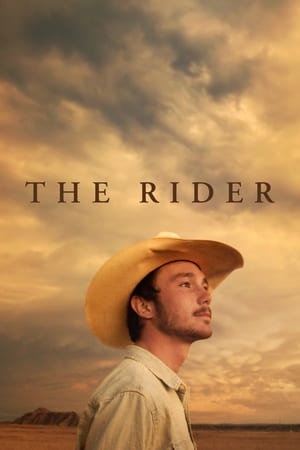 7.3
7.3The Rider(en)
Once a rising star of the rodeo circuit, and a gifted horse trainer, young cowboy Brady is warned that his riding days are over after a horse crushed his skull at a rodeo. In an attempt to regain control of his own fate, Brady undertakes a search for a new identity and what it means to be a man in the heartland of the United States.
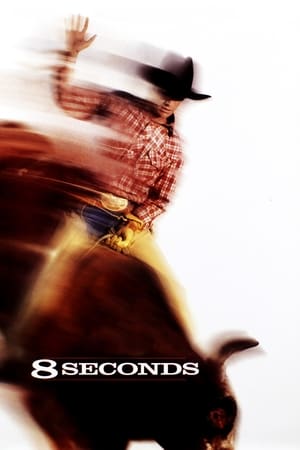 7.2
7.28 Seconds(en)
This film chronicles the life of Lane Frost, 1987 PRCA Bull Riding World Champion, his marriage and his friendships with Tuff Hedeman (three-time World Champion) and Cody Lambert.
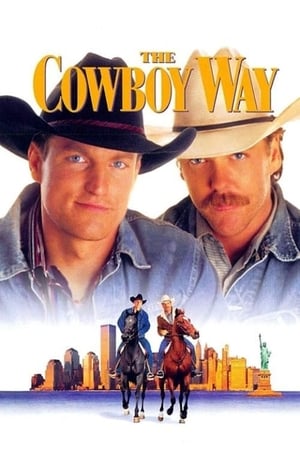 5.7
5.7The Cowboy Way(en)
Two championship rodeo partners travel to New York to find their missing friend, Nacho Salazar who went missing there.
 6.5
6.5Bury My Heart at Wounded Knee(en)
Beginning just after the bloody Sioux victory over General Custer at Little Big Horn, the story is told through two unique perspectives: Charles Eastman, a young, white-educated Sioux doctor held up as living proof of the alleged success of assimilation, and Sitting Bull the proud Lakota chief whose tribe won the American Indians’ last major victory at Little Big Horn.
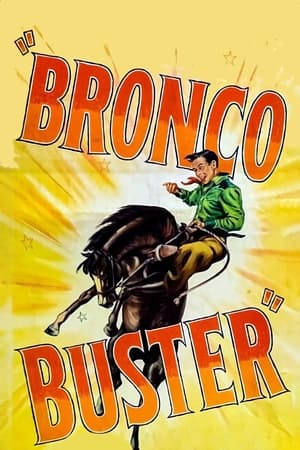 5.0
5.0Bronco Buster(en)
A veteran rodeo rider takes on a young apprentice in order to "teach him the ropes", and winds up competing against him.
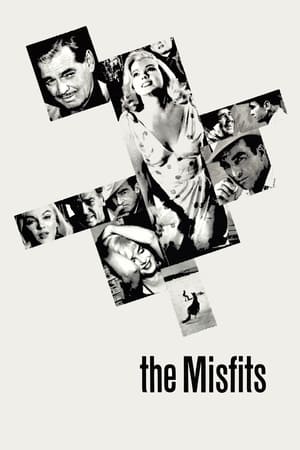 6.9
6.9The Misfits(en)
While filing for a divorce, beautiful ex-stripper Roslyn Taber ends up meeting aging cowboy-turned-gambler Gay Langland and former World War II aviator Guido Racanelli. The two men instantly become infatuated with Roslyn and, on a whim, the three decide to move into Guido's half-finished desert home together. When grizzled ex-rodeo rider Perce Howland arrives, the unlikely foursome strike up a business capturing wild horses.
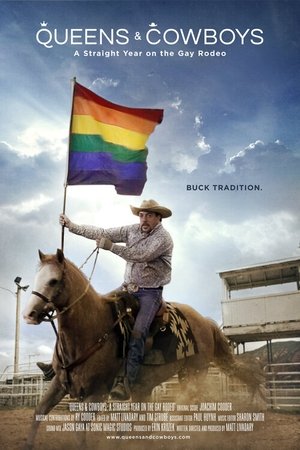 5.4
5.4Queens and Cowboys: A Straight Year on the Gay Rodeo(en)
A feature film that chronicles a complete season of the International Gay Rodeo Association. Roping and riding across north America for the past 30 years, the IGRA's courageous cowboys and cowgirls brave challenges both in and out of the arena on their quest to qualify for the World Finals at the end of the season. And along the way, they'll bust every stereotype in the book.
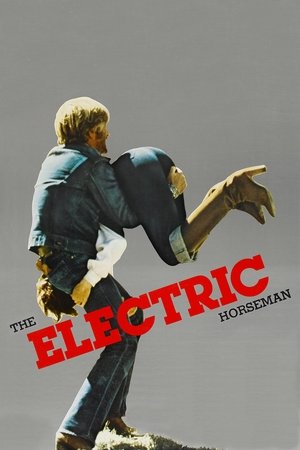 6.1
6.1The Electric Horseman(en)
A former champion rodeo rider is reduced to using his saddle skills to promote a breakfast cereal in a gaudy Las Vegas show. When he's asked to perform with a $12 million horse, he discovers it is being doped to remain docile. He flees into the desert astride the beast in an act of defiance. A story-hungry female reporter gives chase.
 0.0
0.0Warrior: The Life of Leonard Peltier(en)
An intimate exploration of the circumstances surrounding the incarceration of Native American activist Leonard Peltier, convicted of murder in 1977, with commentary from those involved, including Peltier himself.
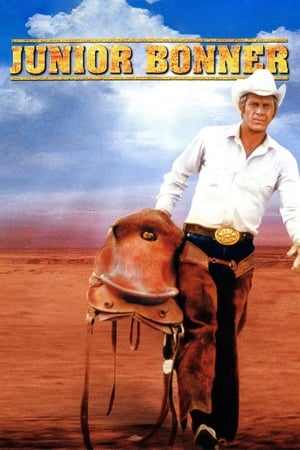 6.1
6.1Junior Bonner(en)
With his bronco-busting career on its last legs, Junior Bonner heads to his hometown to try his luck in the annual rodeo. But his fond childhood memories are shattered when he finds his family torn apart by his greedy brother and hard-drinking father.
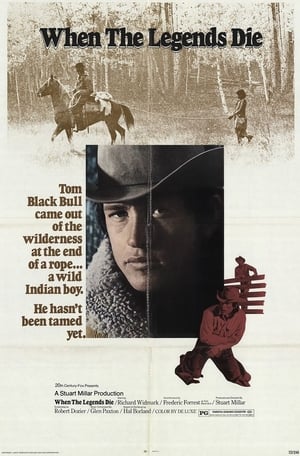 4.9
4.9When the Legends Die(en)
An elderly rodeo rider becomes mentor to a young man attempting to make his own name in the business.
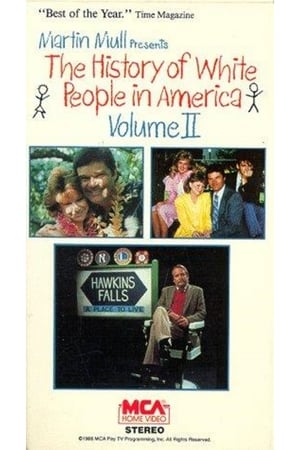 9.0
9.0The History of White People in America: Volume II(en)
In this daring follow-up to The History of White People in America, comedian Martin Mull takes us on an in-depth look at such topics as White Religion, White Stress, White Politics, and White Crime.
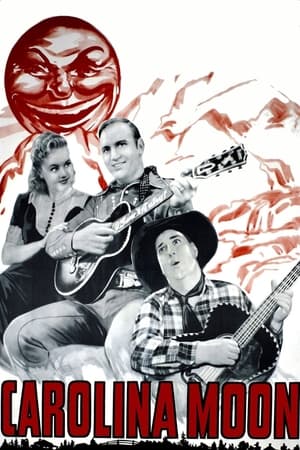 5.0
5.0Carolina Moon(en)
A singing cowboy and his sidekick encounter misunderstandings and rodeo havoc as they try and save a man and daughter from con men.
